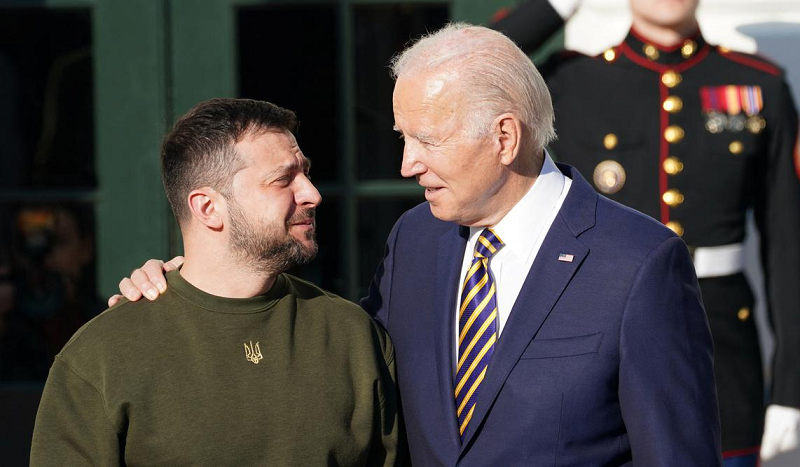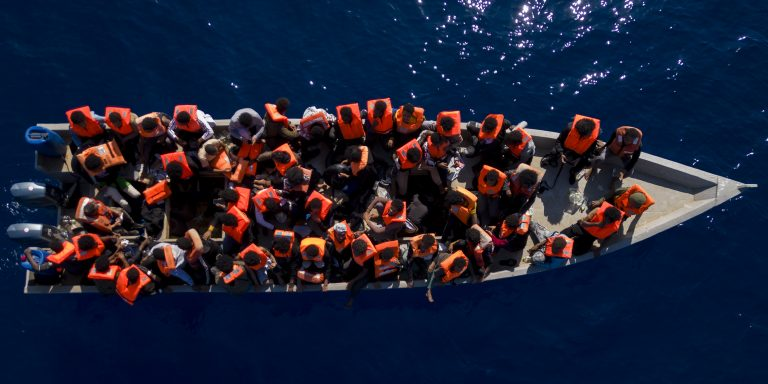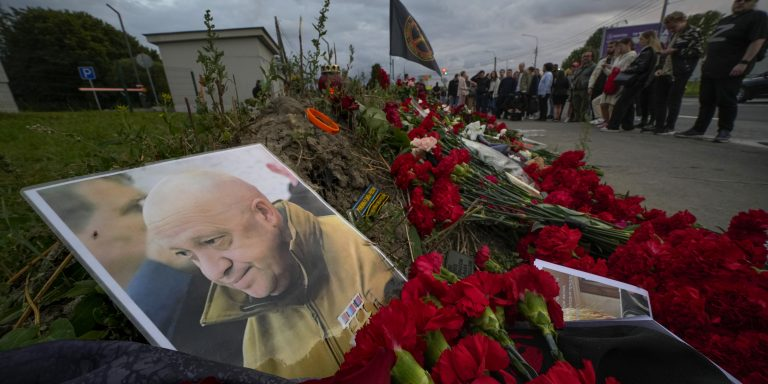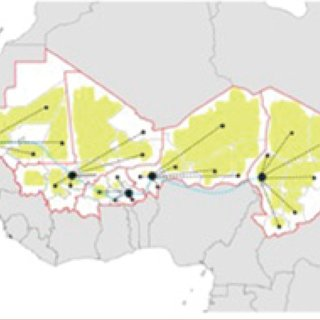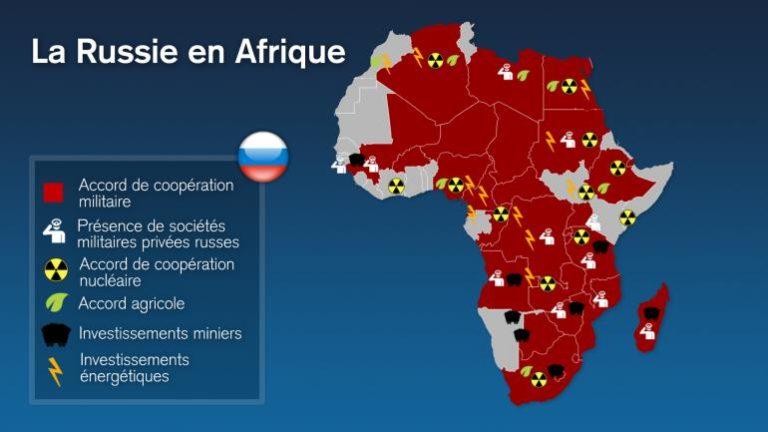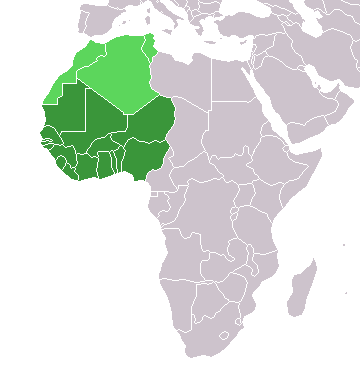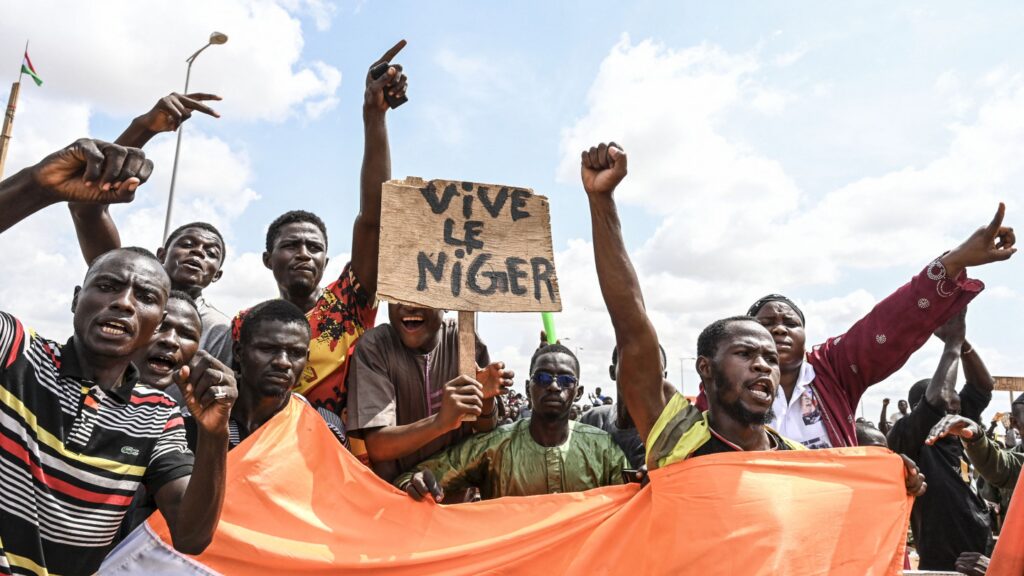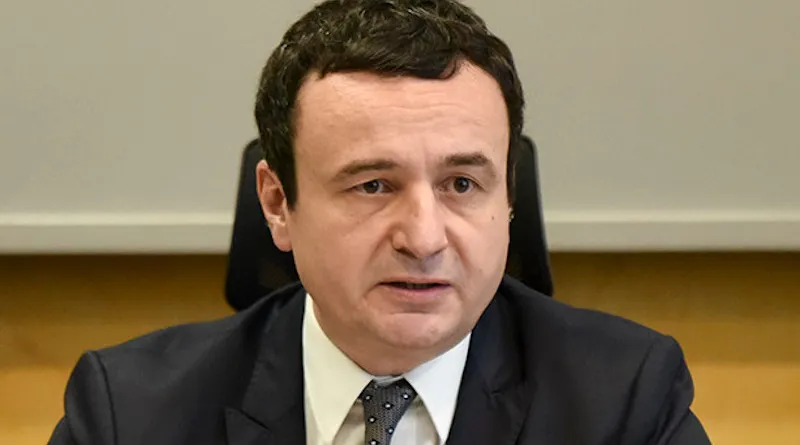Caliphs of the Shadows: The Islamic State’s Leaders Post-Mawla
Abstract: This article explores what is known regarding the Islamic State’s leaders since the killing of the group’s second caliph Abu Ibrahim al-Hashimi al-Qurashi (conventionally dubbed “al-Mawla” for shorthand) in February 2022. In contrast with the group’s first caliph, Abu Bakr al-Baghdadi, the organization has publicized little information on his successors, who have released no audio messages of their own. Despite the fact that the group’s caliphs are now very much ‘men of the shadows,’ there is little evidence pointing to the prospect of the group’s fragmentation in Iraq, Syria, or elsewhere around the world, with the group’s affiliates seemingly willing to accept successor caliphs about whom little or nothing is publicly known.


